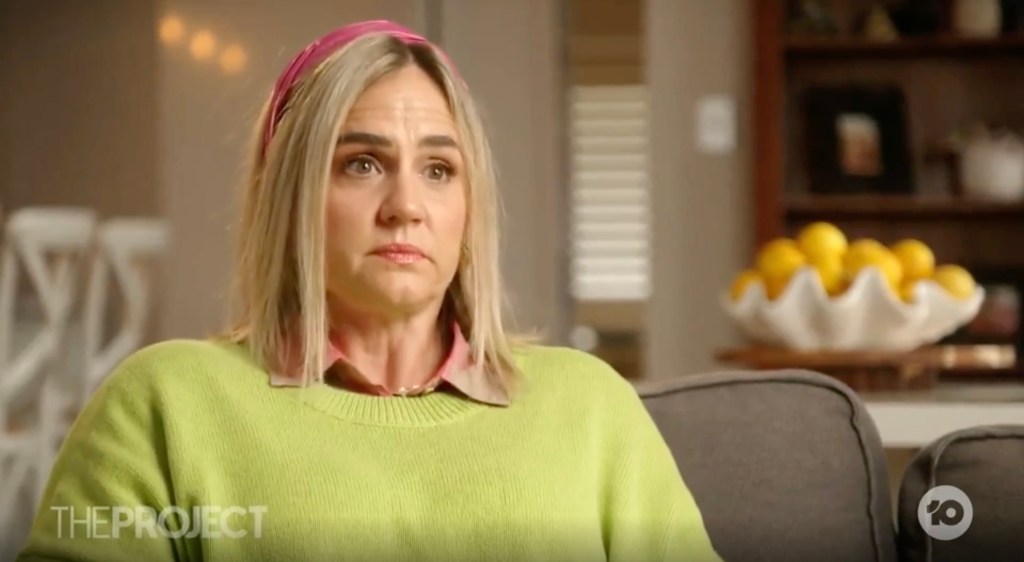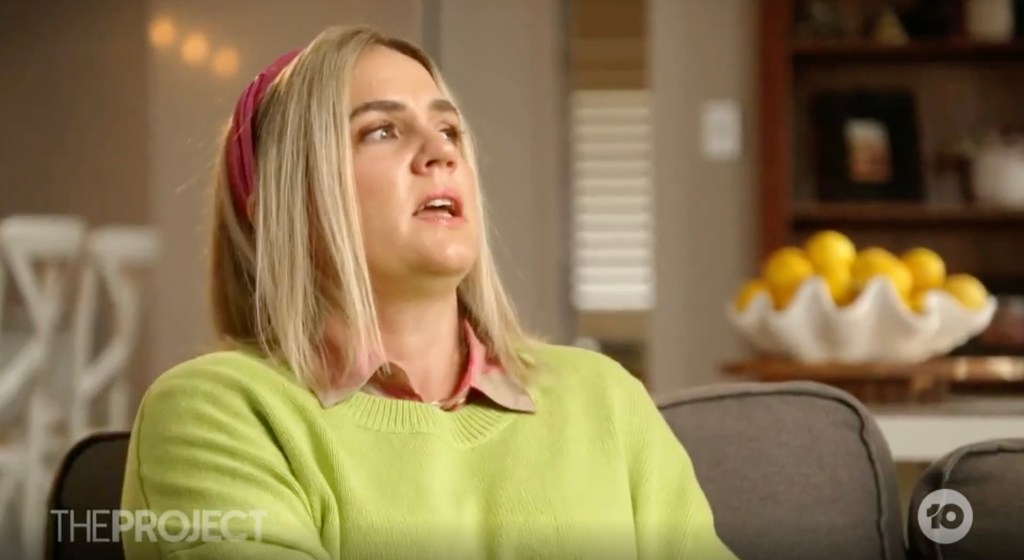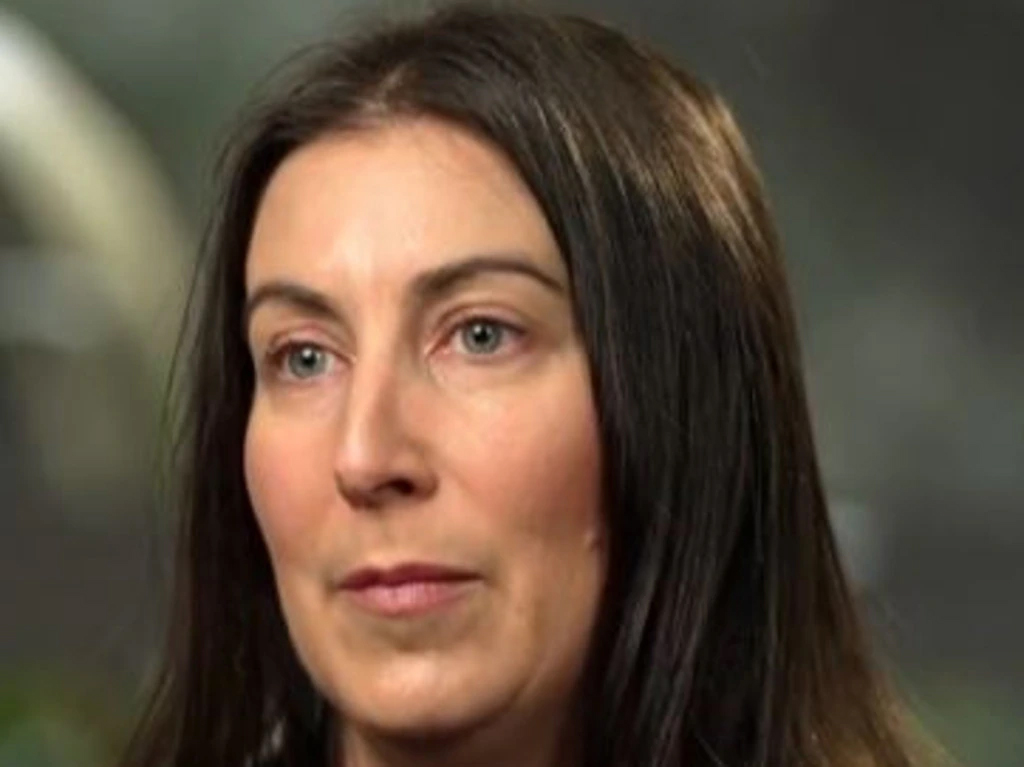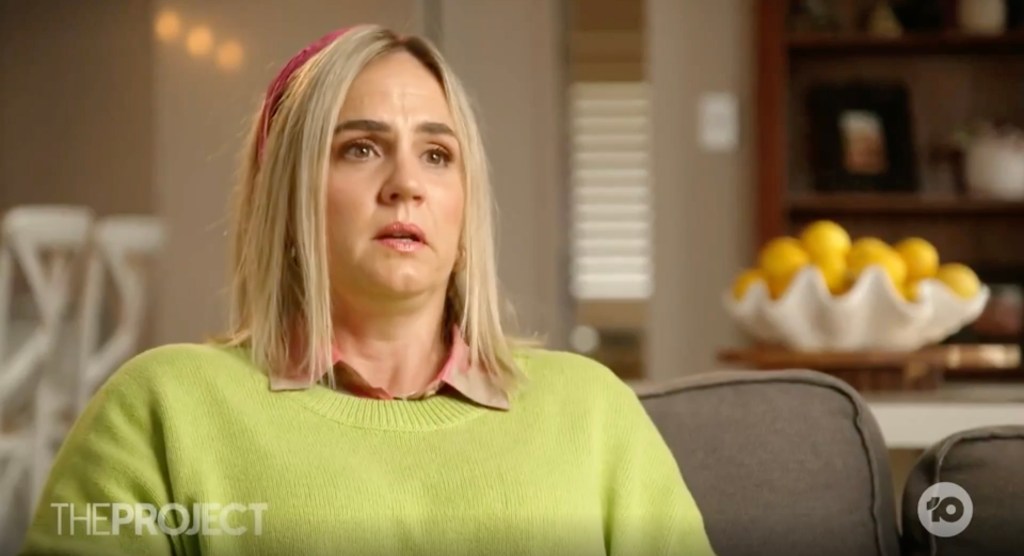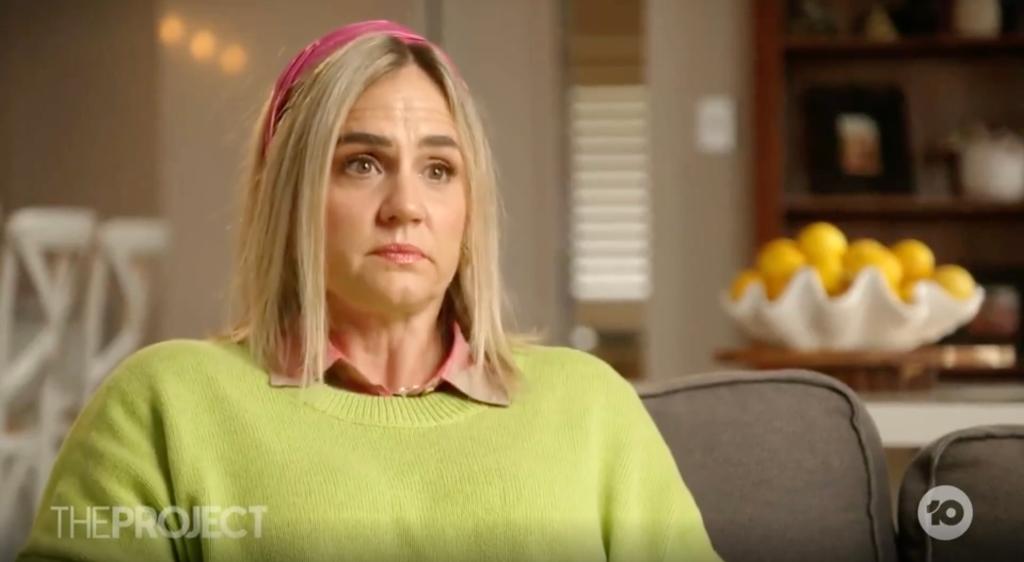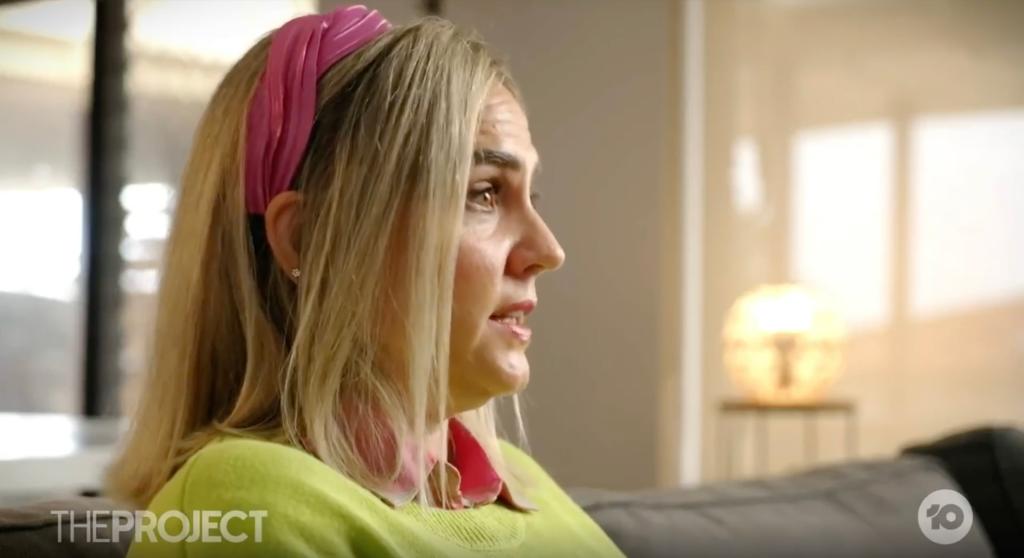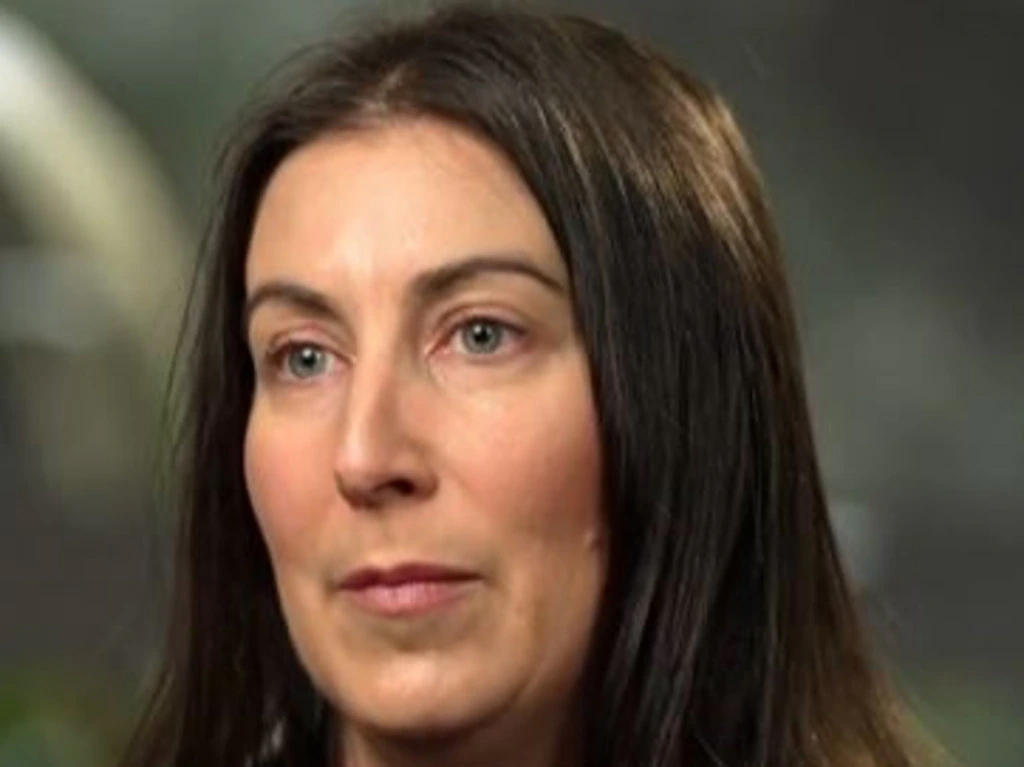Mom undergoes horrific surgery only to find she’s been misdiagnosed
A mom underwent a hysterectomy to battle her years-long urinary tract infection only to wake from the surgery to realize her symptoms were unchanged.
Sally Murali spent years battling chronic UTIs, a condition that is not technically recognised in Australia.
“It completely took over my life, I found it hard to even function,” Ms Murali told The Project.
“These symptoms and these pains, that no one can tell you what they were, it was like an alarm bell constantly in your face.”
Despite Ms Murali’s extreme discomfort she found it difficult to be take seriously by doctors.
“You’re dealing with the symptoms which in itself is debilitating (and) you’re dealing with the system that can’t give you any answers, doesn’t seem interested, dismisses your symptoms and the first thing they want to tell you is that you’ve got anxiety or you’re a bit hysterical,” she said.
A urologist treated Ms Murali for an overactive bladder.
The course of treatment included two rounds of Botox injected directly into Ms Murali’s bladder.
“She tried every possible medication. They put an electrical stimulator in (my) ankle.
“None of these things worked,” she said.
Ms Murali’s doctor finally diagnosed her with endometriosis and booked her in for a hysterectomy.
“I woke up from that surgery (and) that very specific pain was still there,” she said.
“That was the lowest part of my life because I literally felt like I’d run out of medical options.
“At that point I was contemplating what the rest of my life would look like and if I would be able to keep living like how I had.”
But Ms Murali refused to give up and found a support group online with women who had experienced similar symptoms.
She was advised to contact a British doctor called James Malone-Lee.
She travelled to the UK and was given long-term, high-dose antibiotics. Her GP has continued treating her on advice from the UK and her symptoms have now drastically improved.
Laura Cunningham also struggled with chronic UTIs over a period of eight years and was going to the bathroom every 45 minutes.
“It was just awful, it wasn’t just during the daytime it was all through the night, waking up again and again and again. Your mind is always on the bladder,” she said.
Once a year Ms Cunningham was treated with antibiotics until they just stopped working.
“It was terrifying, I went four nights in total without a wink of sleep,” she said.
She was admitted to hospital where doctors told her there was no infection in her bladder and were angry with her for “wasting their time”.
Ms Cunningham was also treated by Dr Malone-Lee and her symptoms have also improved.
UTIs are common and one in three women will experience them at some stage.
But while UTIs are easily treated with antibiotics, complex and recurring UTIs can be hard to treat.
If infection isn’t completely cleared by a course of antibiotics it can become embedded in the bladder causing long-term problems.
Associate Professor Magdalena Simonis said: “If you develop two urinary tract infections in six months or three in a year that’s classified as recurrent urinary tract infection and you really need to think about what is going on there.”








